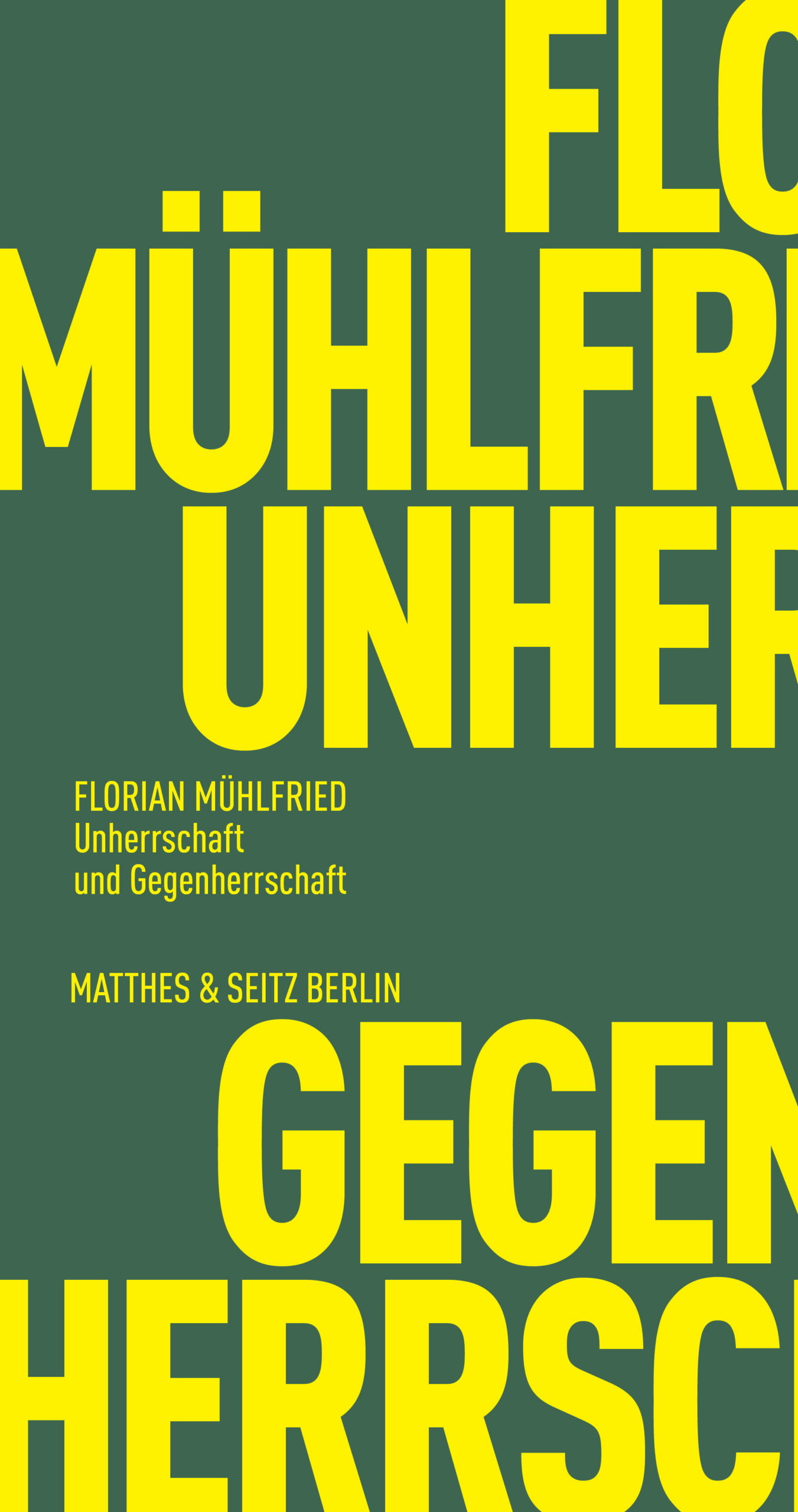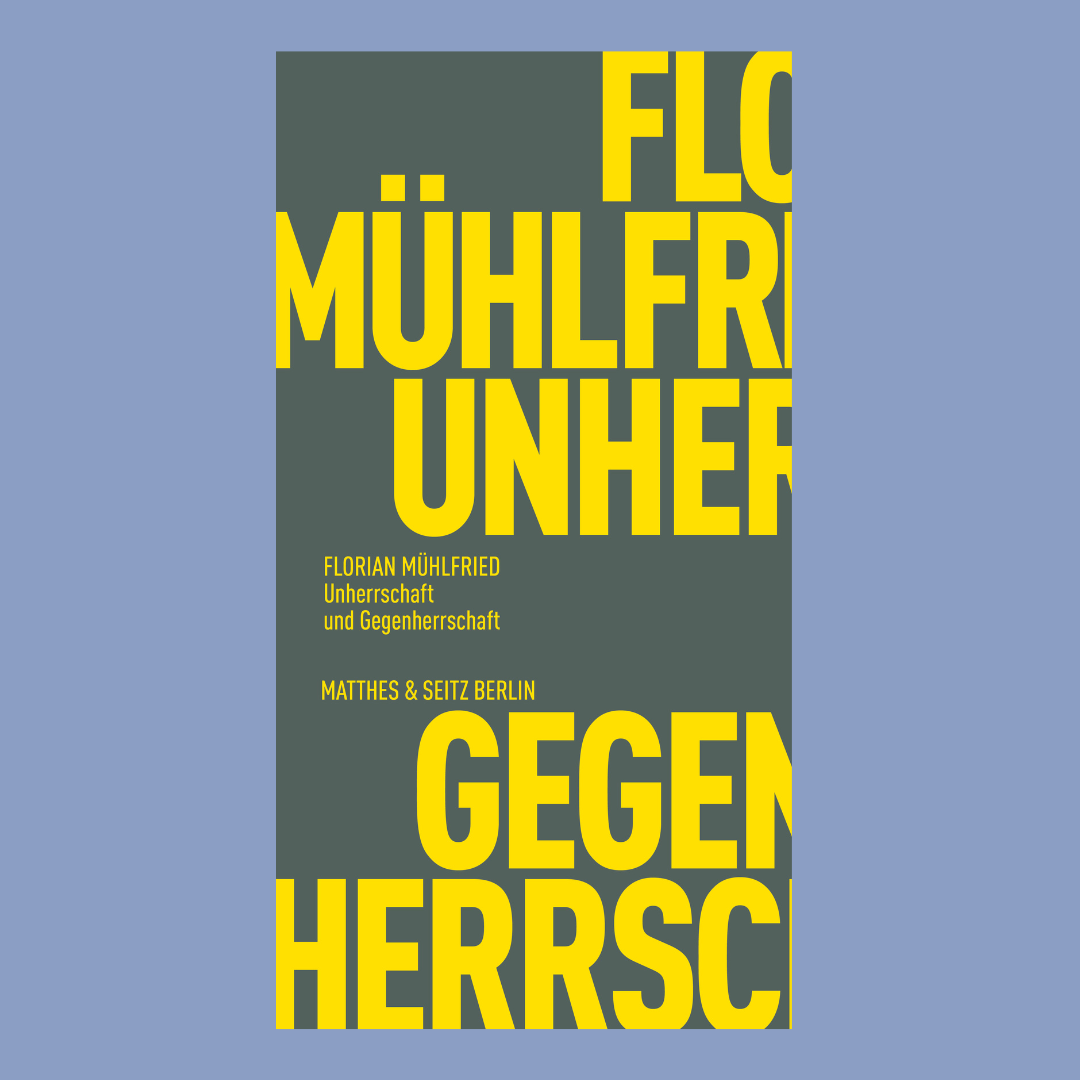Political freedom and its pitfalls in Georgia

Published by: Matthes & Seitz Berlin

With caution, the social anthropologist Florian Mühlfried observes how many of his fellow ethnographers today – mesmerized by Michel Foucault’s prolific idea that state power must be thought of as being inscribed into the very body of the individual – have given up, maybe too early, on the productive analytical distinction between object and subject. Just as the idea of the subject as a self-conscious actor is being undermined and eroded by conceptualizations that frame the individual merely as a corporeal site where state power perpetuates itself, hope for alternative political horizons is giving way to a hermetically closed and increasingly static world view “in which the state appears to be everywhere” (p. 11) – and in an ironic twist of fate, “just as neoliberal politics has become unquestionable for government representatives, so has statehood for ethnography” (p. 12).
In a quest to unearth pathways to novel conceptual horizons, Mühlfried returns to his intellectual and affective homestead which constituted the geographical nexus of his academic work for over a decade.
Against this background, Unherrschaft und Gegenherrschaft (Ungovernance and Counter-Governance) sets out on an ambitious quest to shatter and fragment this state-centric prism, which for decades has kept imaginations of human society and its possible forms arrested in the eternalized image of capitalist statehood. In a quest to unearth pathways to novel conceptual horizons, Mühlfried returns to his intellectual and affective homestead – the complex human geographies of the Caucasus – which constituted the geographical nexus of his academic work for over a decade. The 125 pages of this accessibly written book, carefully poised throughout between the prisms of utopian and critical thinking, are not informed by a desire to wallow in the retrotopia of a proto-anarchist paradise lost but the commitment to produce – with empirical scrutiny – a complex and multi-layered picture of how power is contested, co-opted and renegotiated in today’s Georgia and its northern neighborhood.
Building on his pioneering scholarship on the productive potentials of mistrust, the work brings to the forefront a group of people whose activities evade conventional categories of civic or political activism and are thus marginalized in contemporary research: humans, who mistrust forms or practices of state-regulated governance and embark on a quest for alternatives. Whether in the highlands of the Caucasus mountains, at the table of a Georgian feast (supra) or on the streets of Tbilisi during anti-government protests, Mühlfried gauges and probes the subversive potential of mistrust as a nodal point around which practices of subversive contestation may or may not crystallize.
The first empirical chapter introduces the reader to the socio-cultural geography of the Caucasus, which, at first glance, appears to be composed of two mutually exclusive life worlds: that of the subjugated peasants in the lowlands and that of the free tribes in the mountainous regions. While the former are permeated by the patriarchal and feudal power structures of the political center, the latter – so goes the prevalent narrative – have managed to escape the influence of political centralization and retained their own egalitarian practices and a degree of autonomy.
Mühlfried sets out to complicate this reductionist dichotomic image and demonstrates instead how the religious system in the Eastern Georgian highlands – which he identifies as a form of “spiritual feudalism” (p. 35) – is “substantially permeated” (p. 35) by the life world of the lowlands, its social norms and power structures. Yet, in illuminating the liminal power position of the khevisberis, the monk-like spiritual leaders of mountain communities, Mühlfried demonstrates how their relationship to their vassals is characterized by an indissoluble tension between resistance and obedience. This is constitutive not only for the identity of the khevisberi but also for the socio-political fabric of the entire khevi community:
“On closer inspection […] it turns out that these mountainous landscapes do have a center of power, which, however, functions like a pole: repulsively. It is a negative center of governance that gives an idea of what one has had enough of […] The delimitation and isolation of governance testifies to mistrust vis-à-vis governance while at the same time assuming its inevitability.” (p. 48)
Interestingly, here Ernesto Laclau´s “constitute outside” – that which jeopardizes one’s own identity and consequently has to be excluded from it, while simultaneously forming its ontological basis – is found in the form of a “negative inside” (p. 49) at the very heart of the community.
This first empirical study is followed by a chapter, which critically engages with the role of Tushetian elders’ councils and their power position within Tushetian communities and vis-à-vis the Georgian state. In Mühlfried’s critical reading, the proliferation of governance in accordance with customary law in Tusheti and its northern neighborhood (Chechnya and Dagestan) is a troublesome phenomenon which is as much informed by the emancipative promise of autonomy as it is tied to the resurgence of gerontocratic and patriarchal power structures. In an environment of “material, political and social insecurity” (p. 70) – characteristic for neoliberal Georgia – these structures came to fill the socio-political void left by the defunct Soviet state.
Addressing the case of forcible bride kidnapping, which is inadequately sanctioned under existing customary laws, the author cautions that “[i]nstitutions and procedures that prevent the consolidation of governance in certain contexts can themselves easily become part of an authoritarian order” (p. 69). Accordingly, he argues that “when societies governed by customary law […] are integrated into state contexts, the state not only acts as an apparatus of repression, but also provides an agency for an immanent critique of governance.” (p. 69)
The next chapter leaves the Georgian high mountains behind and descends into the urban realms of Tbilisi. There it turns to the supra, the traditional banquet, which is characterized by extensive speeches by toastmasters (tamada), a distinctive etiquette and extensive consumption of wine and moonshine that most often ends in a drunken stupor. While the political leadership of Soviet and present-day Georgia criticize the sprawling festivities as a senseless waste of time and material resources, Mühlfried paints a more nuanced picture of this multi-facetted phenomenon “as an act on the fringes of governance”:
“A constellation is expressed here that can only be described in double negatives: there is not no work and not no dissipation; there is not no control and not no excess; there is not no rule and not no anarchy.” (p. 89)
Remaining within the urban confines of the capital of Georgia, the 2019-2020 Georgian protests constitute the last case study of this densely packed read. Closely following the events surrounding the protests in the last chapter, Mühlfried advances a central argument that informs his wider scholarship on mistrust: far from being a mere destructive and corrosive force, mistrust – as a power critique in practice – “marks the beginning of politics” (p. 99) and, in the case of the Tbilisi protest movement, co-constituted an experiential space of resistance whose political inside is “deeply imbued with principles of solidarity, plurality, equality, and horizontality” (p. 98). The book concludes with a stimulating conceptual debate on the often-interlocked practices of ungovernance, counter-governance and anti-governance.
Readers who expect Mühlfried´s work to be a ready-made guidebook for anarcho-communist world revolution will be disappointed. Yet those eager to engage in a self-critical and sincere debate – saturated with ample empirical texture – on political freedom, its pathways, and pitfalls, will find in the book a faithful and mind-stimulating travel companion on the road towards a novel socio-political horizon still awaiting its dawn.
David Leupold is a research fellow at the Leibniz-Zentrum Moderner Orient and the principal investigator of the project “Relicts of Another Future: Life and Afterlife of the Socialist City in Central Asia and the Southern Caucasus”. He was a postdoctoral research fellow in the University of Michigan Sociology Department and holds a PhD from Humboldt-Universität zu Berlin. His first monograph Embattled Dreamlands. The Politics of Contesting Armenian, Turkish and Kurdish Memory was awarded the annual book prize of the Central Eurasian Studies Society.
